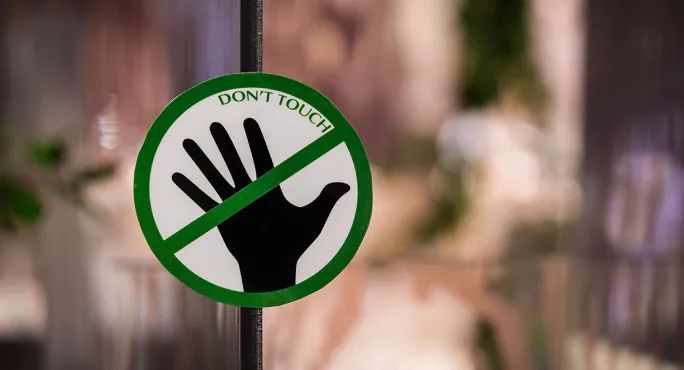Sexual harassment of females a ‘scourge in schools’

Urgent action must be taken to stem the tide of sexual harassment and abuse of female teachers and students, MPs say.
In a strongly-worded report, the Commons Women and Equalities Select Committee calls sexual harassment and sexual violence against female students and teachers a continued “scourge in schools”.
The committee says it is “saddening” that Ofsted and the schools they inspect only acknowledged the seriousness of the problem in schools following public testimonies of thousands of school-aged children - referring to the Everyone’s Invited movement, which encouraged reporting of sexual violence.
While it says Ofsted did not act quickly enough in undertaking its 2021 review of sexual abuse, the committee welcomes its conclusions and calls on the government to ensure all schools have enough funding to safeguard children and young people effectively.
It also asks Ofsted to investigate the level of abuse experienced by female staff in schools as part of its inspections.
- RSE: Why more must be done to tackle relationship violence
- Abuse: Nearly 3/4 of female teachers experience misogyny in schools
- Ofsted: Government launches review into school sexual abuse
- Feature: How to respond to boys inspired by Andrew Tate
The report quotes a Tes survey in 2021, which found one in four female secondary school teachers had been sexually harassed or abused over the previous 12 months.
Tender Education and Arts, a charity working with young people to prevent abuse and sexual violence, told the committee that “some boys struggle with the notion that female teachers are an authority figure and challenge their status”.
RSE: More teacher training needed
The report also calls for the government’s review of relationships and sex education (RSE) to include a greater focus on engaging with boys and young men on topics of sexual harassment and gender-based violence.
Evidence to the inquiry suggested current RSE is less applicable and engaging for boys.
It also found some schools were not sufficiently promoting gender equality or acknowledging the problem of violence against women and girls.
The report says there should be training for all teachers on how to engage boys and young men in “conversations that challenge prevailing gender norms and ideas of masculinity”.
The committee also calls for sufficient funding and support for teachers to deliver safeguarding effectively, as well as RSE.
“In too many cases, schools lack the funding and time to deliver RSE effectively,” the report states.
Risk of cyberflashing
The report says headteachers must do more to address harmful uses of mobile phones in school, such as cyberflashing pornographic images or airdropping nude images, and warns that “those responsible for the safety of girls in educational settings should not wait for the [Online Safety] Bill to become law to tackle this behaviour”.
Committee chair Caroline Nokes said that, for far too long, too many people in positions of authority have failed to notice the problem of sexual harassment in schools, of girls and female staff.
She said: “It is incumbent on school leaders, inspectors and the government not to let them down.”
However, several witnesses, such as Keziah Featherstone, executive headteacher of Q3 Academy Tipton, told the committee that not all schools had the time, money or expertise to provide adequate training for their staff or to deal with incidents when they occurred.
Responding to today’s report, Geoff Barton, general secretary of the Association of School and College Leaders, said that “sexual harassment and sexual violence is treated as an extremely serious matter in schools and colleges” and that misogynistic attitudes and behaviour “emanate from outside of school and in particular from the Wild West of social media and online content”.
Teachers have told Tes in the past year that they are being confronted by more and more students expressing misogynistic attitudes, inspired by influencers such as Andrew Tate.
Mr Barton added: “The government’s Online Safety Bill has been in development for years and is still plodding its way through parliament, and schools and colleges have received very little in the way of support or training for the delivery of RSE.”
The Department for Education and Ofsted have been contacted for comment.
You need a Tes subscription to read this article
Subscribe now to read this article and get other subscriber-only content:
- Unlimited access to all Tes magazine content
- Exclusive subscriber-only stories
- Award-winning email newsletters
Already a subscriber? Log in
You need a subscription to read this article
Subscribe now to read this article and get other subscriber-only content, including:
- Unlimited access to all Tes magazine content
- Exclusive subscriber-only stories
- Award-winning email newsletters
topics in this article



